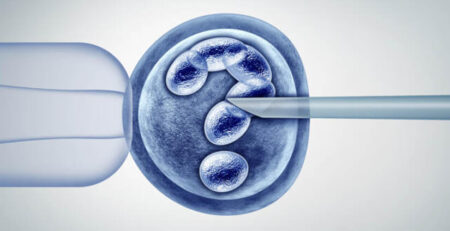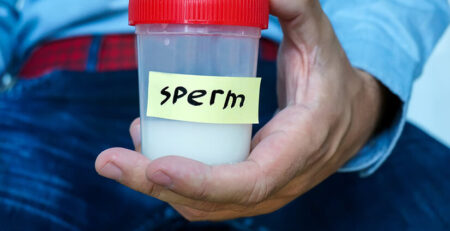How Effective is Freezing All The Embryos to Improve The Chances of IVF Success
Freezing All The Embryos
In a typical in vitro fertilization process, the transfer of fresh embryos to the uterus takes place for pregnancy to occur. During this time, the surplus embryos considered to be in the best condition are frozen, in a process known as vitrification. Freezing all your embryos or the best quality embryos invariably increases the chances of pregnancy and facilitates future attempts as well.
This begs the question: are fresh embryos more effective? Or is it better to use frozen embryos? Recent studies and anecdotal evidence from clinics seem to suggest that frozen embryos might, in fact, be more successful.
This is surprising but can be explained due to current advancements in flash-freezing technology, or vitrification. After freezing the embryos, there is a near 100% probability they will survive thawing. These embryos can be stored for decades, with no reduction in quality. This allows any woman to consult with her doctor and try for pregnancy in the best environment and timing possible.
Even better, these embryos are better received by the endometrium, which means implantation rates are better. The reasons for this are:
- During a fresh superovulation cycle, hormones are used for ovarian stimulation which as a side effect disrupt endometrial or uterine receptivity. Our focus is on growing a large number of eggs.
- Unfortunately, everything may appear correct on an ultrasound scan, but the endometrium may not be receptive of transferred embryos.
- In the case of frozen embryos, natural cycles can be used leading to better chances of conception. This is because our focus can then be applied to preparing the endometrium to become more receptive. It improves outcomes for most patients.
What are some other reason women consider freezing all the embryos?
- Treatments such as chemotherapy can hinder fertility and reproductive organs. Patients who will undergo medical treatments or radiotherapy that is likely to affect her egg reserve, are advised to freeze all the embryos.
- Women who are at risk of ovarian hyperstimulation syndrome can also freeze all their embryos in the fresh cycle and get them transferred in subsequent cycle. Pregnancy can aggravate this condition.
- The freeze-all approach is associated with a higher success rate in pregnancy of women above the age of 35. The success rate is 45% of the transfer of frozen embryos. With fresh embryos, the success rate is 35%.
- Women who are considering preimplantation genetic screening for genetic illnesses or abnormalities.
- Women, who have a history of failed IVF treatment, can benefit from the freeze-all approach.
What are some disadvantages of this method?
This treatment is more expensive, as the cost of freezing and thawing increases. It takes longer, as the patient needs to come back for the next cycle. This is already an anxiety-ridden time, and a longer process adds on to it.
But despite the disadvantages, worldwide this method is becoming standard protocol owing to its better outcomes. Every woman will agree all embryos are precious. They all have the possibility of becoming a baby. So each should be transferred in the best possible uterine lining for implantation to happen. Natural cycle or hormonally prepared cycle have more controlled steroidal levels and are so the lining is better tailored to suit the transferred embryo.
To know more, consult Dr. Rhythm Gupta, IVF Specialist in Delhi at Excel IVF. To book an appointment, call: +91-9811474471












